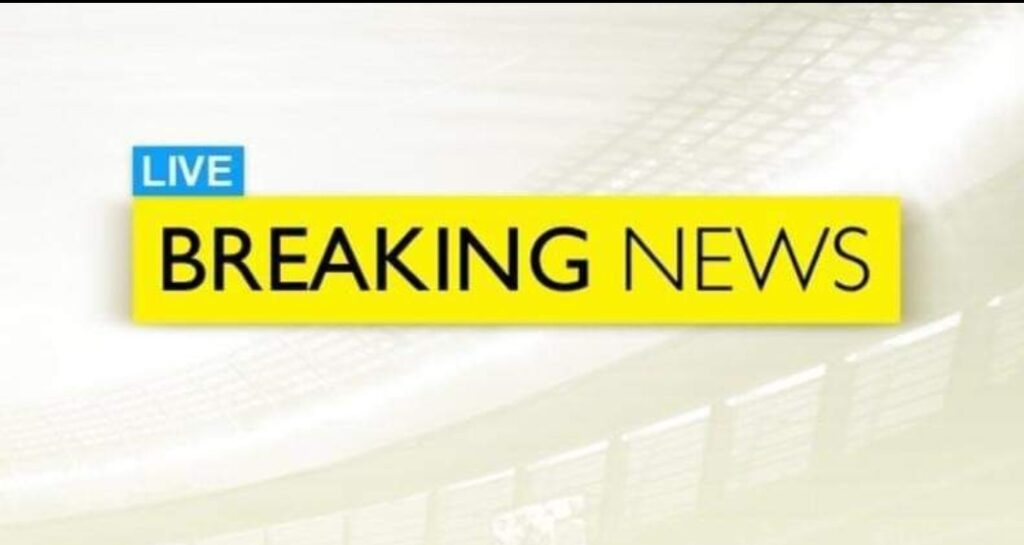The Premier League is on the verge of implementing a profit and sustainability levy targeting Chelsea Football Club, stemming from infractions that occurred under the ownership of Roman Abramovich. Reports from Football Insider suggest that Chelsea is bracing itself for impending charges related to actions taken during Abramovich’s tenure, with repercussions expected to materialize sooner rather than later.
Last summer, UEFA fined Chelsea £8.6 million for historical transgressions that took place under Abramovich’s stewardship. Notably, Chelsea proactively disclosed these violations, potentially mitigating the severity of the penalties imposed. The looming question now is whether the Premier League’s sanctions will mirror UEFA’s, or if they will be more lenient or severe.
Amidst this uncertainty, Chelsea’s new ownership group is actively engaging with the Premier League in hopes of minimizing the impending punishment. Their argument rests on the premise that any violations occurred under the previous regime and should not reflect negatively on the current ownership. The new owners assert that they have adhered to all spending regulations since assuming control of the club.
This situation underscores the complex challenges associated with club ownership transitions in the world of professional football. While ownership changes can bring about new perspectives and approaches, they also inherit the legacy and liabilities of their predecessors. In Chelsea’s case, the actions and decisions made during Abramovich’s ownership continue to reverberate, shaping the club’s present and future trajectory.
The impending profit and sustainability levy represents a critical juncture for Chelsea, as it not only carries financial implications but also affects the club’s reputation and standing within the football community. How the Premier League adjudicates these charges and the subsequent repercussions will undoubtedly have far-reaching ramifications for Chelsea and its stakeholders.
In the meantime, Chelsea finds itself navigating a delicate balancing act, striving to defend its current ownership’s integrity while grappling with the repercussions of past indiscretions. As the club awaits the Premier League’s verdict, the football world eagerly anticipates how this saga will unfold and its broader implications for club governance and accountability.
